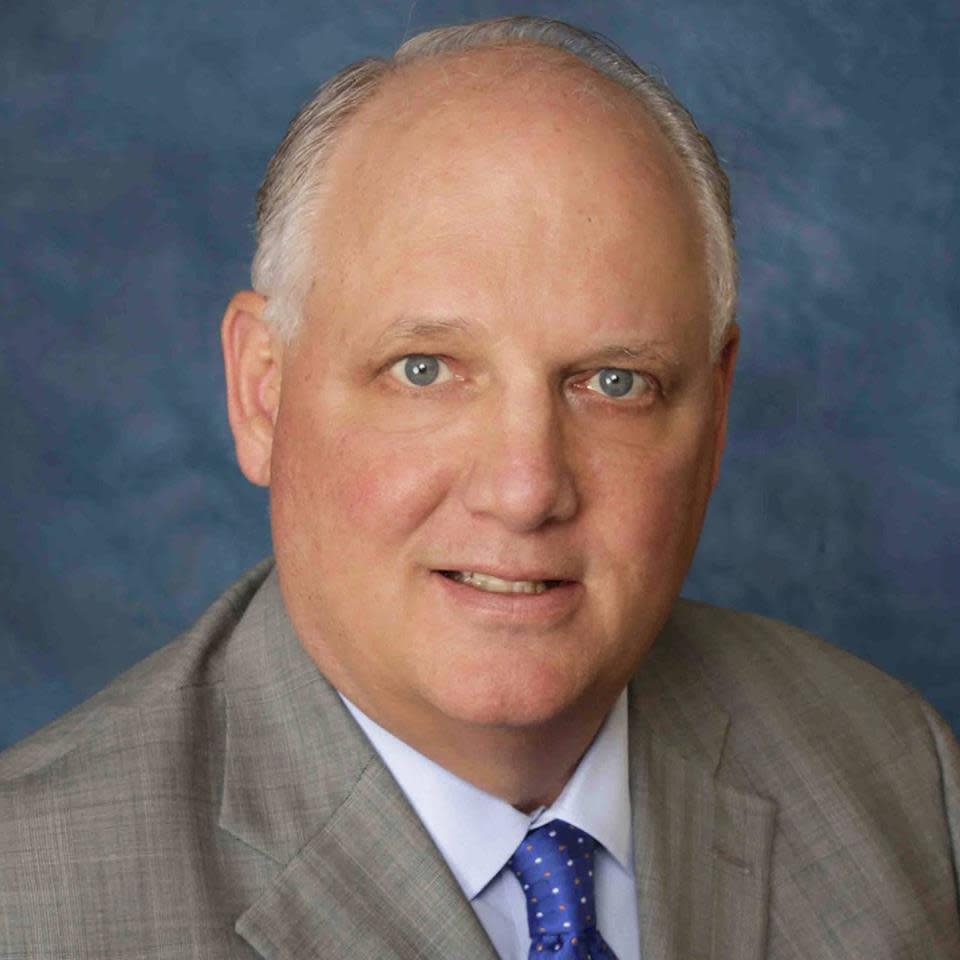Caprock Chronicles: Forgotten sounds behind Buddy Holly and the Crickets, part three: The Roses and Tommy Allsup
Editor’s Note: Caprock Chronicles are edited by Jack Becker, Librarian Emeritus, Texas Tech University Libraries. He can be reached at jack.becker@ttu.edu. Today’s article about Buddy Holly and the Crickets’ forgotten backup singers and instrumentalists is the last of a three-part series by frequent contributor Chuck Lanehart, Lubbock attorney and award-winning Western history writer.
Buddy Holly’s band was sometimes called the “Chirping” Crickets, but well-known instrumental band members — drummer Jerry Allison and bassist J.B. Mauldin — did not chirp. Rhythm guitarist Nicki Sullivan chimed in on a couple of records, but otherwise, the original Crickets never sang a note on records, or in public performances, or on radio/television appearances.

Until his tragic death in 1959, Buddy was always the lead singer and primary lead guitarist of the Crickets, but many of Buddy’s recordings featured forgotten backup vocal groups and musicians who contributed to his iconic sound. Sadly, history has largely ignored these important vocalists and instrumentalists.
The Roses
By 1958, The Picks — Crickets’ former backing vocalists — were falling apart. Bill Pickering was suffering from the effects of alcoholism, and John Pickering and Bob Lapham had military obligations. Producer Norman Petty looked elsewhere for background vocals on Buddy Holly and the Crickets’ records.
Enter David Bigham, born 1937, Robert Linville (1930) and Ray Rush (1936) — known collectively as “The Roses” — a professional vocal group whose members originated in the West Texas towns of Andrews and Odessa. The trio had backed Roy Orbison on his Sun Records recordings. Roy introduced the group to Petty, and The Roses became session vocalists at Petty’s Clovis studio between 1957 and 1959.
The Roses contributed to several Crickets’ recordings, including "It's So Easy!” They also accompanied Buddy on tour, for Alan Freed’s “Biggest Show of Stars” in the fall of 1958, backing Buddy and the Crickets for 23 live performances in 17 cities in the US and Canada.

The Roses sang with numerous recording artists in the late 1950s and also performed and recorded as The Roses. But Robert was drafted into the military, David married and the group broke up. Ray Rush released a few singles under his own name and remained in the music business.
Decades later, Robert and David reunited for musical ventures and helped with Clovis Music Festivals and Petty Studio tours. In 2000, The Roses were inducted into the Rockabilly Hall of Fame, and Robert and David performed at the Grand Ole Opry. Their last performance was with the Fireballs in Lubbock in 2001. In 2002, David and Ray met again for the first time since the late '50s.
The Roses were not credited for their backup vocals for Buddy and the Crickets’ original records. Petty paid modest session fees for their performances. Robert died in 2001, Ray died in 2020 and David died in 2021.
Tommy Allsup
A member of the Cherokee Nation, Tommy Allsup was born in Oklahoma in 1931, the 12th of 13 children. A gifted lead guitarist, he played with Bob Wills and the Texas Playboys and other country groups before being drawn to Clovis by Norman Petty’s reputation as the genius behind Buddy Holly. Tommy became a staff musician for Petty, and he met Buddy in 1958 shortly after the Crickets returned from touring England.

Buddy heard Tommy’s work and said, “Tommy, I like what you have been doing. Would you hang around for our session?” Tommy agreed, and the resulting sessions produced Crickets’ recordings “Heartbeat” and “It’s So Easy!” Tommy also played lead guitar on the songs “Lonesome Tears,” “Loves Made a Fool of You” and “Wishing.”
When the Crickets went on tour later in 1958, Buddy asked Tommy to join. “Tommy, I can’t play that solo guitar break (for “It’s So Easy!”) like you do. Do you wanna come on the road with us?” Tommy agreed and said years later, “Buddy was a capable guitarist, and I expect he could have played it, but I sure wasn’t going to show him that lick!”
Tommy joined Buddy on three tours, including the tragic Winter Dance Party of 1959. He played lead and rhythm guitar and contributed backing harmonies.
Following Buddy’s death, Tommy worked with dozens of artists, including The Ventures, Roy Orbison and Willie Nelson. When he died at age 85 in 2017, he was the last surviving member of Buddy’s 1959 Winter Dance Party band.
The Aftermath
Though Buddy and the Crickets were always held in high esteem by British fans (including the Beatles and the Rolling Stones), it was not until the 1970s that the US public fully reembraced the music, influenced by Don McLean’s 1971 number one hit song, “American Pie,” and the 1978 hit movie, “The Buddy Holly Story.” The movie was praised for its musical score and Gary Busey’s Academy Award-nominated performance as Buddy Holly.

However, the movie created a lingering public misconception of the history of the Crickets. Aside from the depiction of mountains in Lubbock and other unfortunate inaccuracies, the original Crickets — Jerry Allison, J.B. Mauldin and Nicki Sullivan—were never mentioned in the movie. Also ignored were Sonny Curtis and Don Guess, Gary and Ramona Tollett, The Picks, The Roses and Tommy Allsup, not to mention producer/manager Norman Petty.
This article originally appeared on Lubbock Avalanche-Journal: Caprock Chronicles: Forgotten sounds behind Buddy Holly and the Crickets, part three: The Roses and Tommy Allsup
